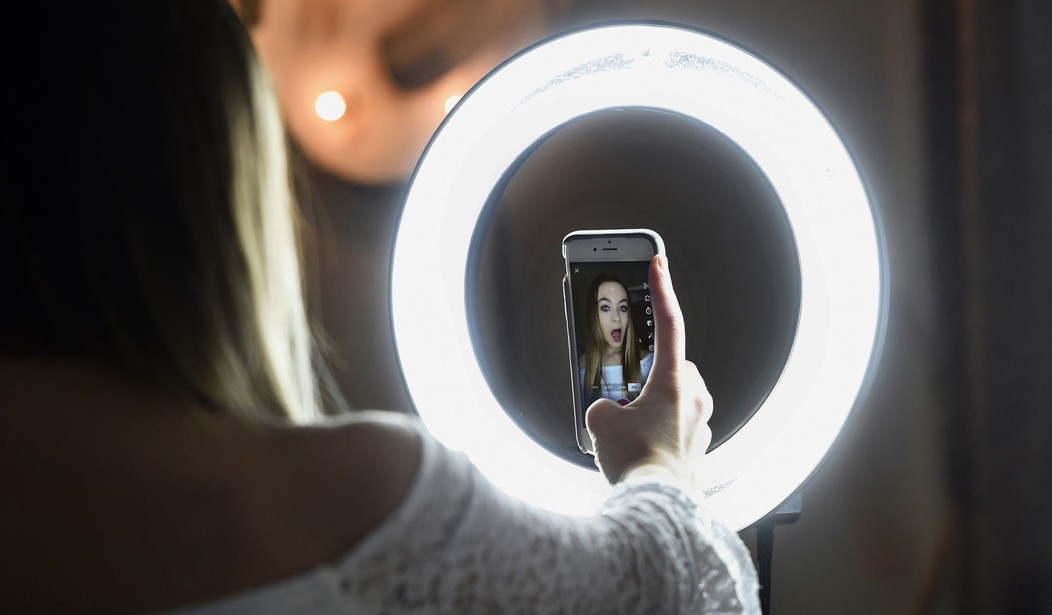Feminism has been a failure. I don’t know how the facts can point to any other conclusion. Sure, more women might be in the workforce than ever, but women — particularly teen girls — are also more depressed, dissatisfied, and suicidal than ever. Young men are also experiencing the negative effects of radical feminism. To adapt a saying of Jesus from the Gospels, what shall it profit a man — or woman — if he gain the whole world but lose his happiness?
PJ Media’s Rick Moran reported on Feb. 14 about a newly released CDC report analyzing trends of risks for American youth between 2011 and 2021. The report found that 57% of teenage girls reported feeling persistently sad or hopeless in 2021, up from 36% in 2011. Meanwhile, teenage boys experienced those feelings just 29% in 2021, up from 21% in 2011. So a majority of teen girls and over a quarter of teen boys suffered persistent sadness in 2021.
Of course, COVID-19 lockdowns, which drove up teen suicide attempts precipitously, were probably a significant factor; in fact, the CDC found a major increase in contemplation of suicide among girls. And while the CDC found a majority of LGBTQ-identifying youth were depressed, the LGBTQ ideology being forced on kids is also a factor. But one thing is certain: feminism has failed our girls. Teen girls are not happier, more confident, and more empowered. They are more depressed and hopeless than ever.
The New York Post, analyzing the CDC report, said that social media and forced sex are responsible for the widespread depression in girls. Teen girls were coerced into sex at the “highest level” ever seen. Another failure of feminism. The more women are told they don’t need men and the more women are told they are just as powerful as men while men are denigrated, the more girls are sexually abused, it seems. Clearly, something is very wrong.
The Post also noted that women who are religious are less likely to despair; however, young women are increasingly less religious. The loss of God and religion is incredibly destructive to American youth.
It’s not just teen girls who have been fooled into unhappiness by feminist ideology, though. PJ Media’s Ben Bartee reported on Feb. 23 on an unearthed 2010 study showing that 90% of childless women didn’t choose not to have kids — that is, they wanted to be mothers. I personally know a number of young women who said they never wanted kids because it would interfere with their careers, and then after passing the age of 30, they suddenly wanted nothing more than a child. Unfortunately, there are also those who want to have children but are never able to marry. Young men become less likely to commit to a relationship on any level all the time, it seems.
This isn’t to say that no women should have careers or that it is impossible for a woman to have a fulfilling life without motherhood. But I argue that the majority of women do naturally want to be mothers and that if they de-prioritize their personal lives, they are more likely to be dissatisfied — if not now, then later in life.
For both men and women, but particularly for women, it is a terrible thing to grow old alone or to have a spouse but no investment in the future through children and grandchildren. Feminism told women that they were only valuable if they did what men were doing and that they should be sexually promiscuous like some men, and things certainly didn’t go as planned.
But, as I said above, women aren’t the only ones suffering in a culture of radical feminism. I noted that young men are not exactly eager to commit even to dating nowadays, meaning that some young women who want kids cannot have them. If you spend decades telling men that masculinity is evil, then it turns out they lose interest in traditional male roles. On Friday, PJ Media’s Lincoln Brown reported on recent data from Pew Research showing that 63% of young men are single. That means they aren’t “married, living with a partner or in a committed romantic relationship.” Only 34% of young women said the same.
Brown noted that most singles aren’t even looking for a romantic relationship. Pew detailed, “Younger men are also far more likely than older men to be single — a pattern that is not as straightforward among women. Women ages 18 to 29, for example, are just as likely as women 65 and older to report being single.”
Angry feminists told men they weren’t needed, and men accepted that dismissal, which, of course, has caused irreparable damage to countless men and women. If families are the building blocks of society, it’s no wonder our society is falling to pieces.










